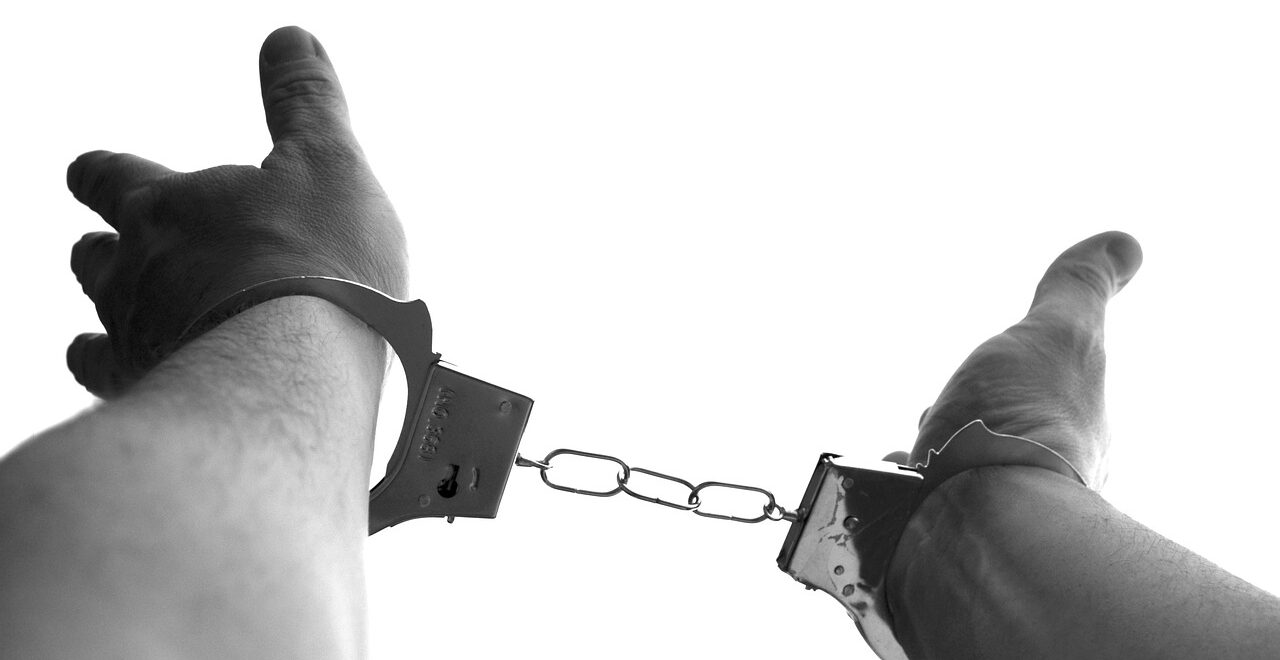Probation is used when an offender is released from custody and subjected to a period
of good behavior and required to report to a probation officer.
Parole is the conditional release of an offender who has served part of their sentence
but remains under control of a parole authority and officer.
Both probation and parole violations cause offenders to return to jail or prison, even a
small mishap.
Legal and financial obligations, failing to pay fines, and failing to follow simple rules
often lead to offenders violating and being re-arrested.
Probation and parole conditions are typically harsher for Black Americans.
More than 30% of Black Americans are on some sort of community supervision.
Recidivism refers to a person’s relapse into criminal behavior and oftentimes,
committing new crimes violate an offender’s probation or parole terms.
Several factors increase the likelihood of re-offending and they include:
Offenders who commit property crimes like theft, robbery, and burglary.
Younger offenders, specifically those aged 24 years old and younger.
Minority offenders.
Those released without community supervision (parole or probation).
Substance abuse users.
Those without family support.
According to studies, Georgia is one of the states that has the highest number of adults
on probation or parole.
Studies also show that almost 30% of all Georgia offenders will commit another crime
and return to prison.
This data shows that Georgia is having trouble improving its recidivism rates.
It also makes you question whether or not being released on parole or probation is
helpful to offenders.
Improving both mental and behavioral health treatment in Georgia jails is one way
recidivism can be reduced.
Reforming cash bail in Georgia can also help lower recidivism since offenders won’t
have to sit in jail due to not being able to pay.
Statistics also show that 1 of out every 13 people in the state of Georgia are under
either probation or parole supervision.
Not only does recidivism impact an offender and their family, it also impacts taxpayers.
It costs about $21,000 per year to house an inmate in Georgia.
Upon release, many offenders have trouble getting jobs and employment due to their
background and criminal record.
To reduce recidivism and not re-offend, it’s clear an offender must be focused and
disciplined enough to move forwards and not backwards.
Without goals and the necessary help in place from community supervision officers,
family, and peers’ offenders are more likely to return to jail or prison.
Not only does Georgia have the highest rate of mass incarceration, but offenders also
usually stay on probation average of 6.3 years.
6.3 years is higher than the normal average for all other states and this number roughly
equates to 320% of offenders being on community supervision compared to other
states.
It’s clear reform is needed, as studies show daily recidivism rates are rising and
changes can be made in the community supervision sector.
Many offenders convicted of crimes that are sentenced to probation or parole usually
involve non-violent offenses.
Joblessness is the single most predictor of recidivism.
Community supervision is important, but alone it cannot decrease recidivism as so
many offenders need more help than being on probation and parole can provide.

